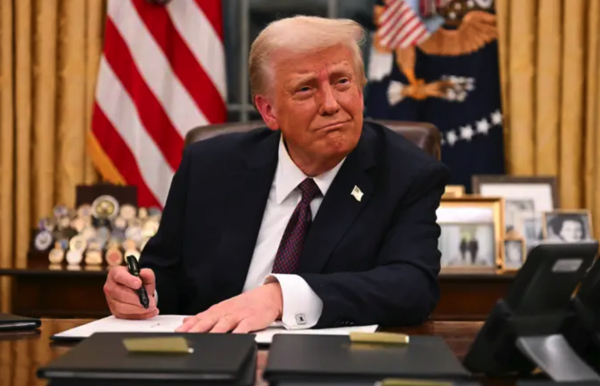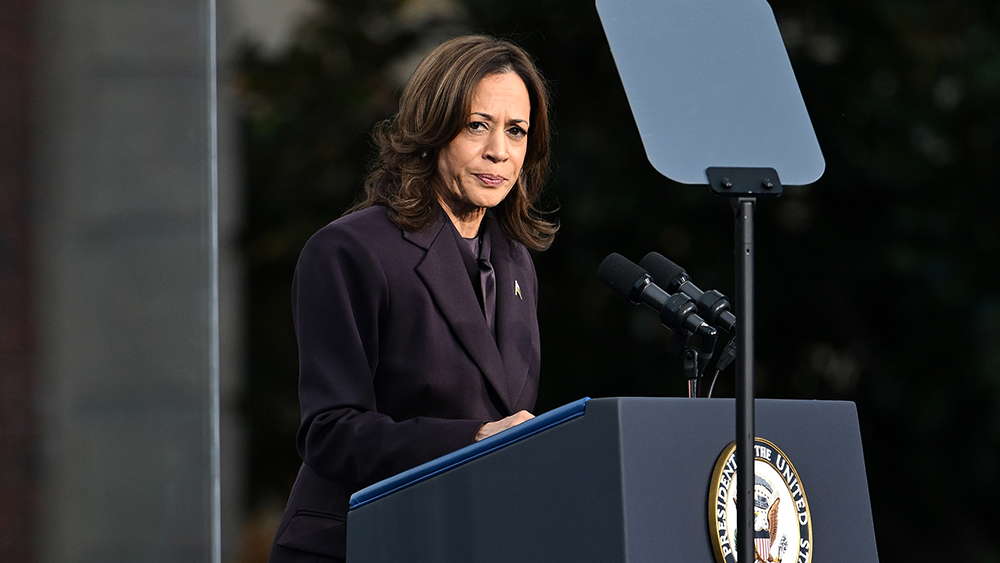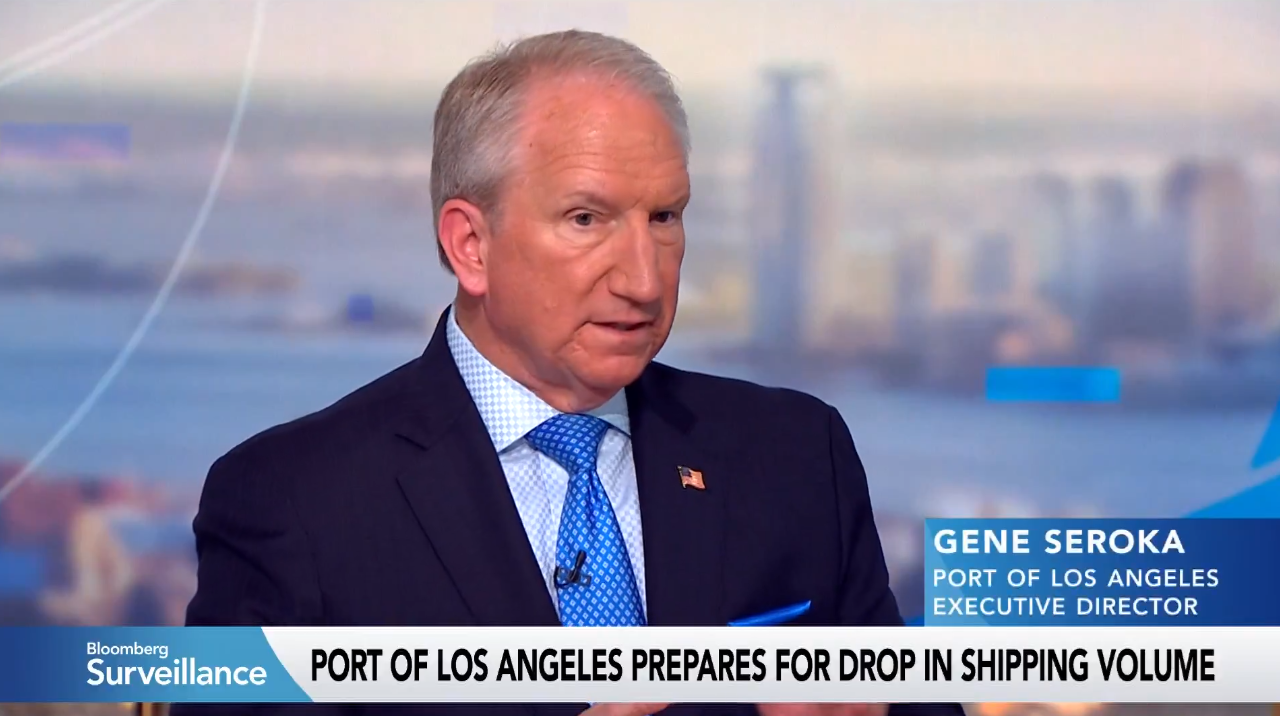 Parler
Parler Gab
Gab
- Intel, TSMC and Samsung are investing heavily in U.S. semiconductor production to boost supply chains and reduce reliance on overseas manufacturing.
- Other sectors like pharma, aerospace and tech are also increasing U.S. production, driven by competition and policy incentives.
- The Trump administration views tariffs as a tool to incentivize domestic production, citing corporate investments as proof of success. However, critics warn of risks for smaller firms and long-term policy uncertainty.
- While large companies can absorb costs, experts like Gary Hufbauer argue that U.S. semiconductor production may still struggle to compete with cheaper Asian hubs and tariffs' unpopularity could lead to future reversals.
- High-profile investments signal confidence, but the broader manufacturing sector remains divided, with concerns over sustainability and economic trade-offs (higher consumer prices, mid-sized firms' struggles).
Manufacturing sector caught between optimism and uncertainty amid Trump's tariff strategy
In speeches and policy statements, Trump has framed tariffs not just as revenue generators but as a strategic lever to lure foreign companies to U.S. shores. The logic is straightforward: by making imported goods more expensive, corporations will have a powerful incentive to relocate production domestically, avoiding hefty duties while gaining tariff-free access to the American market. "Tariffs are about making America rich again and making America great again, and it is happening, and it will happen rather quickly," Trump said in a joint congressional address in March. "There will be a little disturbance, but we are OK with that." Recent announcements from these corporate giants appear to validate Trump's approach, but skeptics question whether mid-size and smaller firms can follow suit. Jeremy Tancredi, a supply chain expert at consulting firm West Monroe, warns that the unpredictability of trade policy makes large-scale investments risky. (Related: Market rebounds on Trump's tariff pause, but uncertainty looms.) Meanwhile, Treasury Secretary Scott Bessent has championed tariffs as both an economic shield and a fiscal tool, arguing they could generate up to $600 billion annually while countering unfair trade practices, particularly by China. However, critics warn the math isn't so simple. Gary Clyde Hufbauer of the Peterson Institute for International Economics notes that even with tariffs, U.S. semiconductor production – a key administration focus – may struggle to compete with lower-cost hubs like Taiwan and South Korea. Even if Trump's tariffs remain in place, their unpopularity with consumers and businesses could prompt a future administration to scrap them, leaving manufacturers in limbo. Kate Magill claimed in her article for the Supply Chain Dive that while Trump's tariffs have already spurred some high-profile investments, the long-term impact hinges on whether smaller firms follow suit and whether the economic pain of higher prices outweighs the promised industrial revival. For now, the manufacturing sector remains caught between optimism and uncertainty. Watch this episode of "Brighteon Broadcast News" as Mike Adams, the Health Ranger, talks about how Trump's tariff policies trigger global economic decoupling. This video is from the Health Ranger Report channel on Brighteon.com.More related stories:
California challenges Trump's tariff plan in historic legal battle.
Trump's 125% tariff triggers panic among Chinese Amazon sellers.
Trump imposes 25% tariff on nations buying Venezuelan oil.
Tariff tensions escalate as retail giants confront Trump's trade strategy.
Trump floats plan to replace income tax with tariff revenue.
Sources include: TheNationalPulse.com FoxBusiness.com Supplychaindive.com Brighteon.comBritish Chambers of Commerce warns of “lost generation” as youth job crisis deepens
By Laura Harris // Share
Kamala Harris slams Trump’s policies, fuels speculations about her political future
By Willow Tohi // Share
Victim contest: CNN immigration debate explodes over slavery comparison, sparks racial tensions
By Willow Tohi // Share
Trump eases auto tariffs to boost domestic manufacturing as trade war strains industry
By Ava Grace // Share
Governments continue to obscure COVID-19 vaccine data amid rising concerns over excess deaths
By patricklewis // Share
Tech giant Microsoft backs EXTINCTION with its support of carbon capture programs
By ramontomeydw // Share
Germany to resume arms exports to Israel despite repeated ceasefire violations
By isabelle // Share









